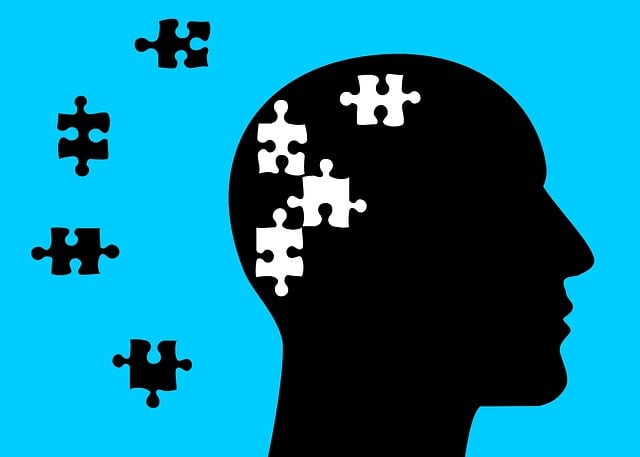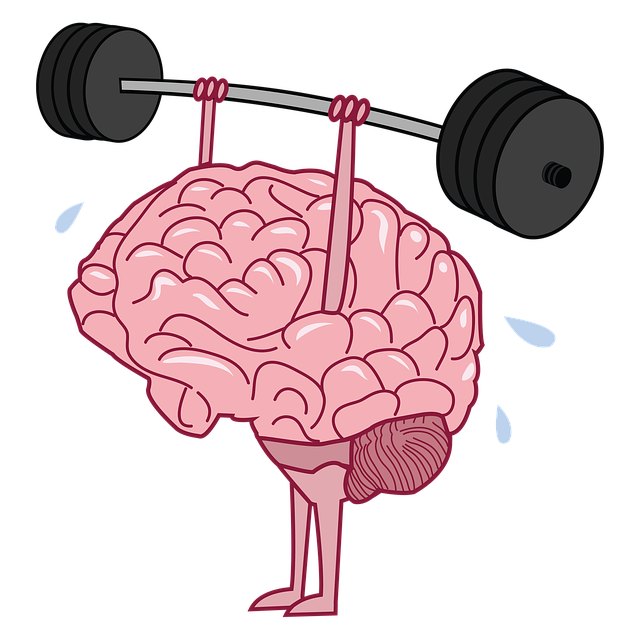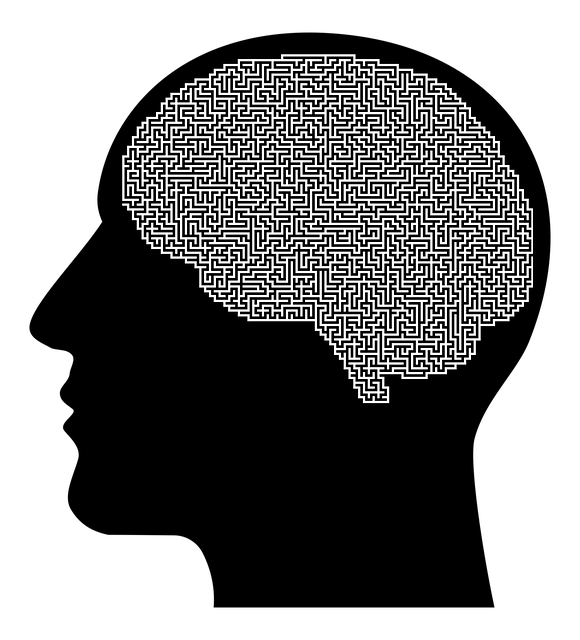Diagnosing mental health issues in adolescents is challenging due to ongoing brain development, which can manifest symptoms atypically. For teens with sexual addiction, specialized Therapy for Adolescent Teens Sexual Addiction is crucial. This approach tailors treatments to their unique needs, incorporating CBT for thought pattern modification, group therapy for peer support, and risk management planning. Building empathy between therapists and teens creates a supportive environment for healing. By combining individual therapy with community outreach, we reduce stigma, empower individuals to overcome addiction, and pave the way for long-term recovery.
Mental illness diagnoses can be complex, especially for adolescent teens. This article provides a comprehensive guide to understanding mental health conditions and navigating treatment options, focusing on therapy for sexual addiction in teens. We explore various therapeutic approaches tailored to this demographic, highlighting the importance of early intervention and support systems. By delving into available resources, parents and caregivers gain valuable insights to aid their teen’s recovery journey, fostering healthier outcomes.
- Understanding Mental Illness Diagnoses for Adolescent Teens
- Navigating Treatment Options: Therapy for Sexual Addiction in Teens
- Support and Resources for Effective Recovery Journey
Understanding Mental Illness Diagnoses for Adolescent Teens

Mental illness diagnoses for adolescent teens can be a complex and challenging process. This age group often presents unique challenges due to the dynamic nature of adolescence, where brain development continues well into early adulthood. Symptoms of mental health disorders in teens may manifest differently compared to adults, making accurate diagnosis an art as much as a science. For instance, what appears as rebellious behavior could be indicative of underlying issues like depression or anxiety. Therefore, it’s crucial for professionals to approach teen mental health with empathy and a nuanced understanding, taking into account the individual’s life circumstances, family dynamics, and peer relationships.
One specific area that requires attention is therapy for adolescent teens struggling with sexual addiction. This form of therapy must be tailored to address the unique needs and developmental stages of teenagers while fostering positive thinking and healthy coping mechanisms. Risk management planning for mental health professionals plays a pivotal role in ensuring safe and effective treatment, as these interventions can have significant impacts on an adolescent’s life trajectory. Building empathy between therapists and teens is essential to create a supportive environment conducive to healing and growth.
Navigating Treatment Options: Therapy for Sexual Addiction in Teens

Navigating treatment options for adolescent teens with sexual addiction requires a nuanced and compassionate approach. Therapy plays a pivotal role in helping young individuals understand and manage their behaviors, with specialized programs designed to address the unique challenges they face. Cognitive Behavioral Therapy (CBT) is one such evidence-based method that focuses on identifying and modifying negative thought patterns and behaviors associated with sexual addiction. By promoting positive thinking and emotional intelligence, CBT equips teens with essential coping skills development tools to resist impulses and make healthier choices.
Additionally, group therapy sessions offer a supportive environment where adolescents can share their experiences anonymously, fostering a sense of community and understanding. This social aspect is crucial for building resilience and encouraging peer support, which are vital components in the journey towards recovery. Through tailored interventions, teens learn to navigate their emotions effectively, build healthy relationships, and develop strategies to prevent relapse, ultimately paving the way for a brighter and more fulfilling future.
Support and Resources for Effective Recovery Journey

For individuals navigating the complex landscape of mental illness diagnosis and treatment, having access to comprehensive support and resources is paramount for an effective recovery journey. One crucial aspect is connecting with specialized therapists who can provide tailored therapy for adolescent teens struggling with sexual addiction. This form of targeted intervention, coupled with a safe, non-judgmental space, offers a vital stepping stone toward healing. Beyond individual therapy, community outreach program implementation plays a significant role in fostering support networks and reducing the stigma associated with mental illness.
Additional strategies, such as depression prevention initiatives and mental illness stigma reduction efforts, further enrich the recovery process. These multifaceted approaches work together to create an environment where individuals feel empowered to seek help, understand their condition, and access the necessary resources for a brighter, healthier future.
Mental illness diagnoses can be complex, especially for adolescent teens. Navigating treatment options, such as therapy for adolescent teens sexual addiction, requires access to comprehensive support and resources. By understanding mental health conditions and leveraging available resources, teens and their families can embark on an effective recovery journey. Remember that early intervention and professional guidance are crucial in fostering positive outcomes and enhancing the overall well-being of young individuals struggling with mental health issues.









